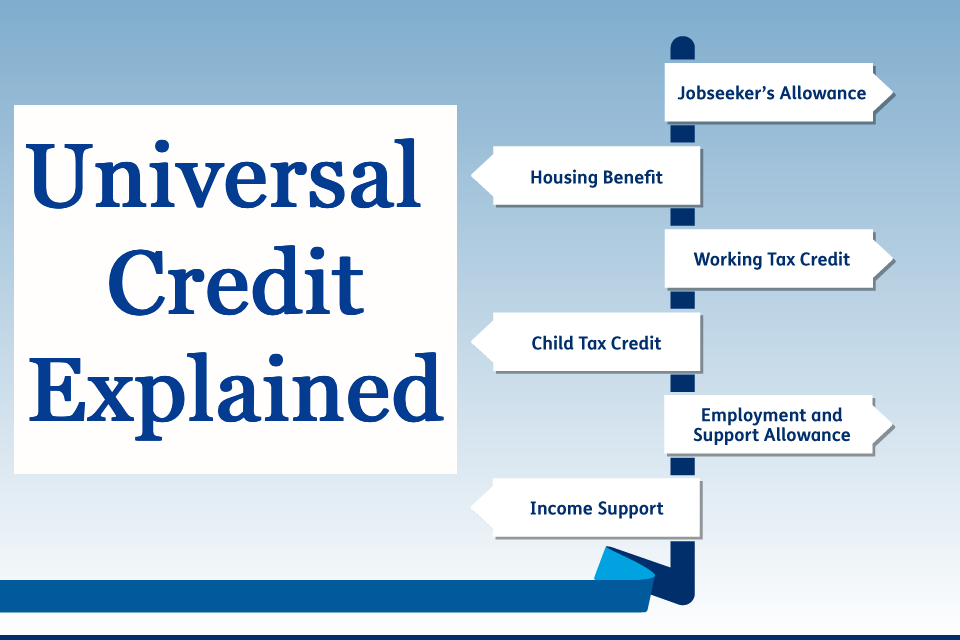
If you have a low income – whether or not you’re working – Universal Credit can give you extra money to live on. Find out how it works, how much you could get and how to claim.
What is Universal Credit?
Universal Credit is a monthly benefit you can claim if you’re on a low income and need extra support with living and housing costs. It can help if you’re:
- looking for work
- unable to work due to an illness or disability, working or self-employed on a low income
- have caring responsibilities.
Universal Credit is means tested. This means your household income and savings are counted in your claim. If you earn too much or have savings over £16,000 you won’t be able to claim.
If you have a partner and live together, their income and savings will be taken into account and you’ll need to apply together. If they’re already receiving benefits, some of those might stop.
Our Benefits calculator will quickly give you an estimate of what you could get. It’s worth checking even if you don’t think you qualify, so you don’t miss out on vital income you’re eligible for.
Universal Credit is replacing six ‘legacy’ benefits
If you’re making a new claim for benefits, it’s likely you’ll need to apply for Universal Credit. This is because it’s replacing these six ‘legacy’ benefits:
- Housing Benefit
- Child Tax Credit
- Income Support
- Working Tax Credit
- Income-based Jobseeker’s Allowance
- Income-related Employment and Support Allowance.
If you claim legacy benefits and your circumstances stay the same, you'll continue getting them until you’re sent a Migration Notice. This has a three-month deadline to claim Universal Credit by.
You can see when you’re likely to get your letter at GOV.UKOpens in a new window or, in Northern Ireland, when you will be asked to move to Universal Credit at nidirectOpens in a new window
Always act before the deadline as your old benefits will stop and you could be left without income to live on. It’s best to apply for Universal Credit in good time to continue getting payments.
If any of your circumstances change – like having a child, moving in or out with a partner or being diagnosed with a disability – you’ll need to tell the office that pays your benefits. This often means you’ll need to apply for Universal Credit instead.
How much Universal Credit can I get?
Use our quick and easy Benefits calculator to find out how much Universal Credit you could get.
This is because Universal Credit is made up of different allowances and elements depending on your personal circumstances.
